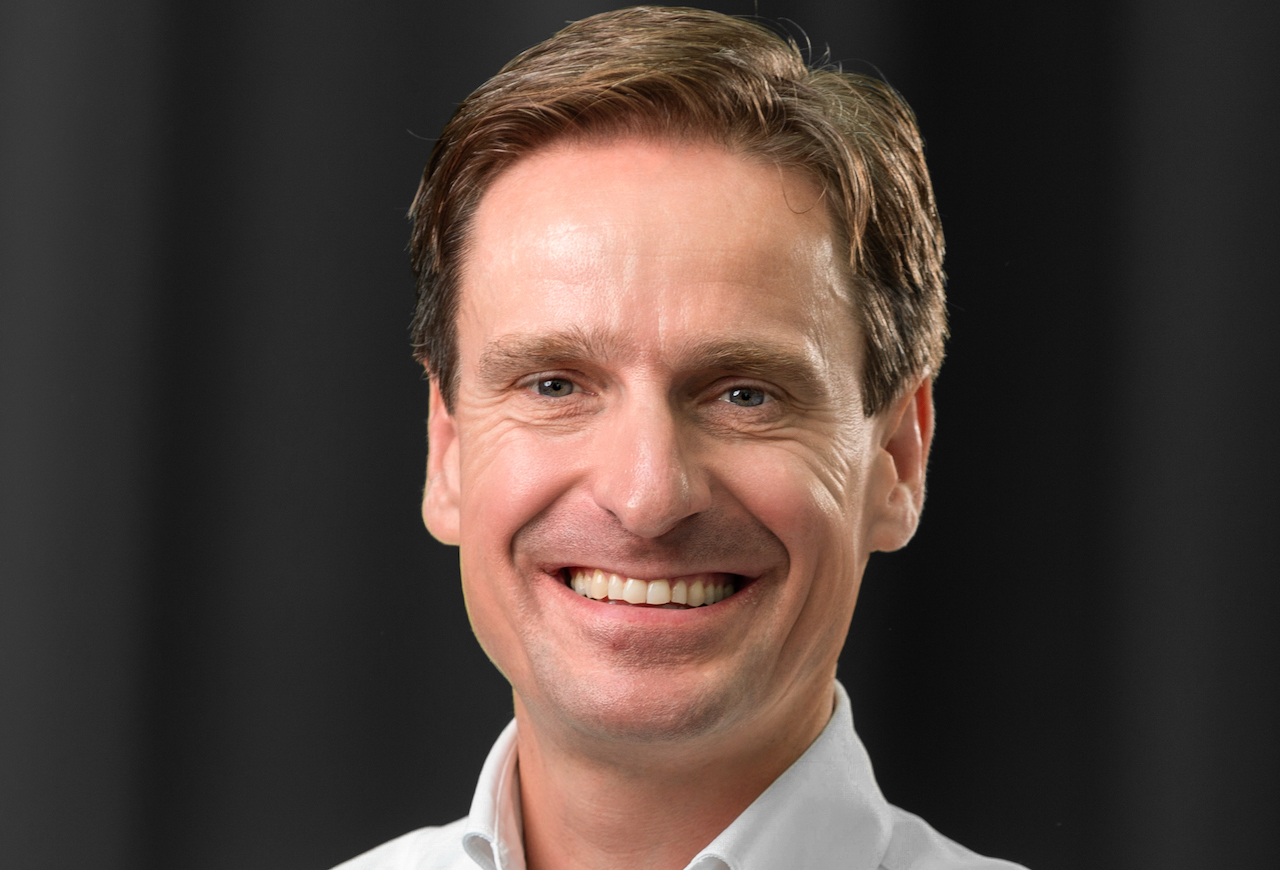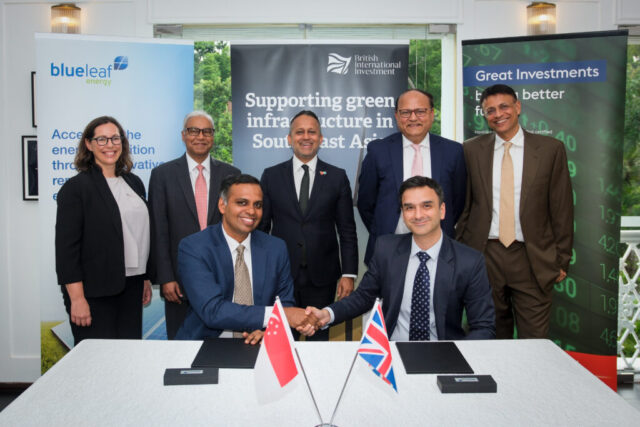The great majority of healthtech innovations never reach patients due to lack of early-stage funding and business expertise. NLC is changing that by building investible businesses around game-changing healthcare solutions.

Amsterdam-based healthtech venture builder NLC has just announced the first close of its NLC Health Impact Fund which has a final fundraising target of €100m.
The capital raised so far, some €20m, will provide initial and follow-up funding to 40 ventures developing innovations in the fields of biotech, medtech, green health and digital health. The SDFR Article-classified fund supports UN SDGs 3, 9, and 17.
This initial capital raise came from private investors, investing a minimum of €100,000 each, but the company is in conversations with institutional investors with a much larger ticket size to reach the next close, expected in September.
At a time when health systems are under huge pressure across Europe and beyond, healthtech innovations can be part of the solution. But lack of both early-stage investment and business expertise mean few of such innovations make it to market.
It was the desire to support innovations in healthcare what drove Bert-Arjan Millenaar, NLC’s founder and CEO, to start building ventures in the sector in 2015. Speaking to Impact Investor, Millenaar explains how eight years later, NLC has a team of over 80 professionals who together have helped build more than 100 healthtech ventures, across 11 European countries. The company is currently expanding its operations to the US and the Gulf region.
Healthtech innovation
It all started during a sabbatical when Millenaar got the chance to stop and think about what he wanted to do next in his career. Instead of focusing on a particular sector or job, he asked himself what type of people he wanted to work with. “I always get inspired by people who believe in progress and want to create a better world, so I decided I wanted to focus on innovation.”

The various challenges faced by the healthcare sector, including exploding costs, looming labour shortages and high market fragmentation, made him pickthis sector above others.
“I thought ‘I want to be in innovation in healthcare because there is a societal need and the market is very fragmented’.” At first, it was a “very rational” decision as he could see the opportunity to create great businesses.
But his drive quickly moved “from the head to the heart” in 2014, when his daughter was born prematurely, and the family spent countless hours by her incubator at the hospital.
Unbeknown to him, scientists from Leiden University Medical Centre were working on an innovation to help babies have a “shock-free birth” allowing the neonatal caregiver to provide lifesaving care with the umbilical cord intact until the babies can breathe on their own. The invention became one of NLC’s first ventures, Concord Neonatal. “If my daughter was born today in most Dutch hospitals, she would not need to be in an incubator, thanks to this innovation.”
Build and learn
The great majority of healthtech inventions, regardless their relevance or effectiveness, never reach patients.
“If a professor or academic goes to a fund, the fund might say ‘wow, this is a great idea but it needs to be developed. Come back when you have a business plan’ and this is not what the inventor needs. What they need, in addition to early-stage investment, is a buddy, a CEO, someone that will help them enter the market and who knows how the entrepreneurial world works,” he says.
Funding for the first ventures came from the founding team’s own investment and a crowdfunding round which raised €450,000 from over 100 investors, allowing them to build the first six ventures.
Millenaar explains that in the beginning they were opportunistic when selecting innovations. “We thought we had to get into business, build something and learn. So we grabbed anything which felt promising. We did not start with pharmaceutical or biotech life science, because that’s too capital intensive.” These first ventures included innovations such as a medical device for thoracic surgery, or a neuroimaging software for stroke management.
As the company and headcount grew, there was more room for specialisation and today, for instance, they have a team specialised in finding innovations related to cardiovascular diseases.
Since its launch in 2015, NLC’s portfolio companies have secured over €86m in funding and their innovations have reached more than 120,000 patients. 16% of the 100+ ventures created have a female CEO, compared to the 9% industry average.
Millenaar says that last week’s first close of the NLC Health Impact Fund “exceeded the fund management team expectations”, proving their venture-building model can make “early-stage healthcare innovations investable again”. He is optimistic that institutional investors will join in for the next close in September which will facilitate investments in a further 40 ventures.
“My perspective is that if you want to drive change, if you want to impact, you need innovation. The problem with innovation is that you don’t know what works so you need to start small. But eventually you create the scale you need to attract larger investors.”
He concluded: “As an investor said to me a few months ago ‘once you enter the healthcare space, you never want get out’. Because it gets so close to you and the impact is huge.”





